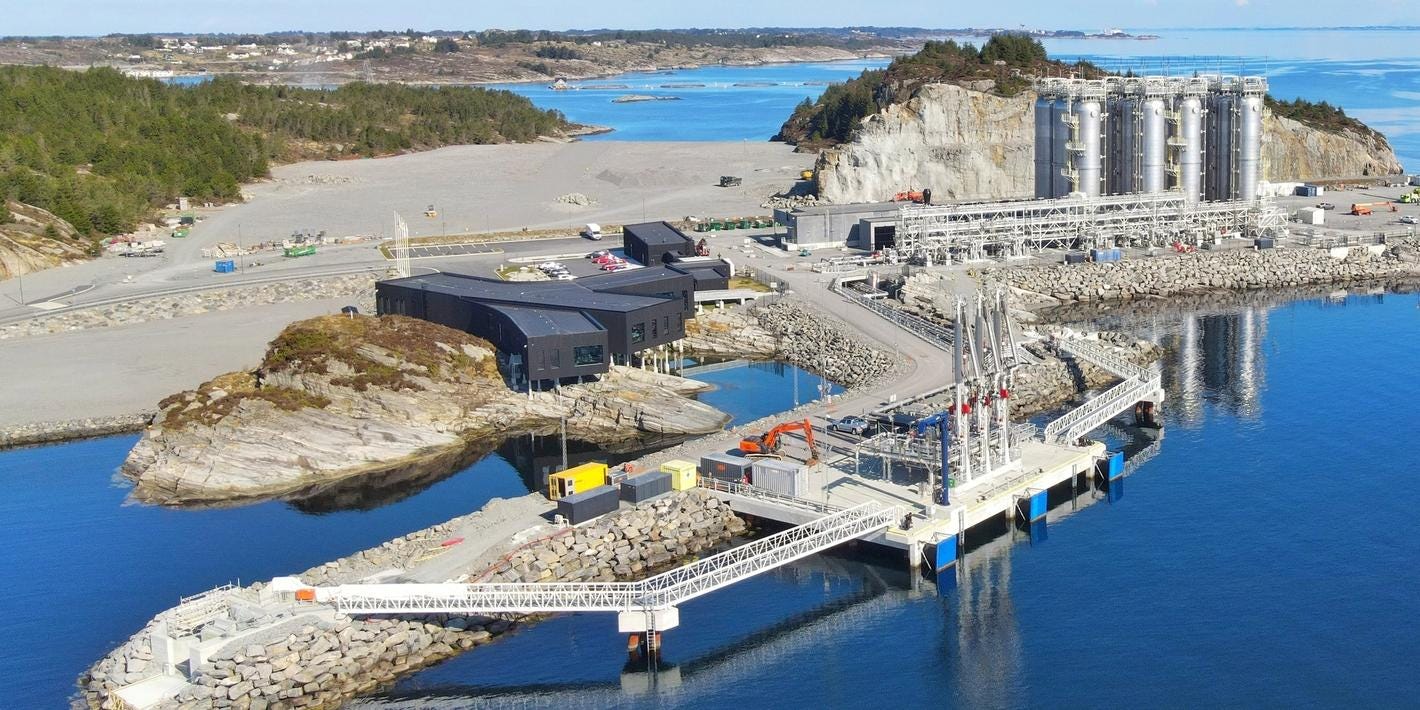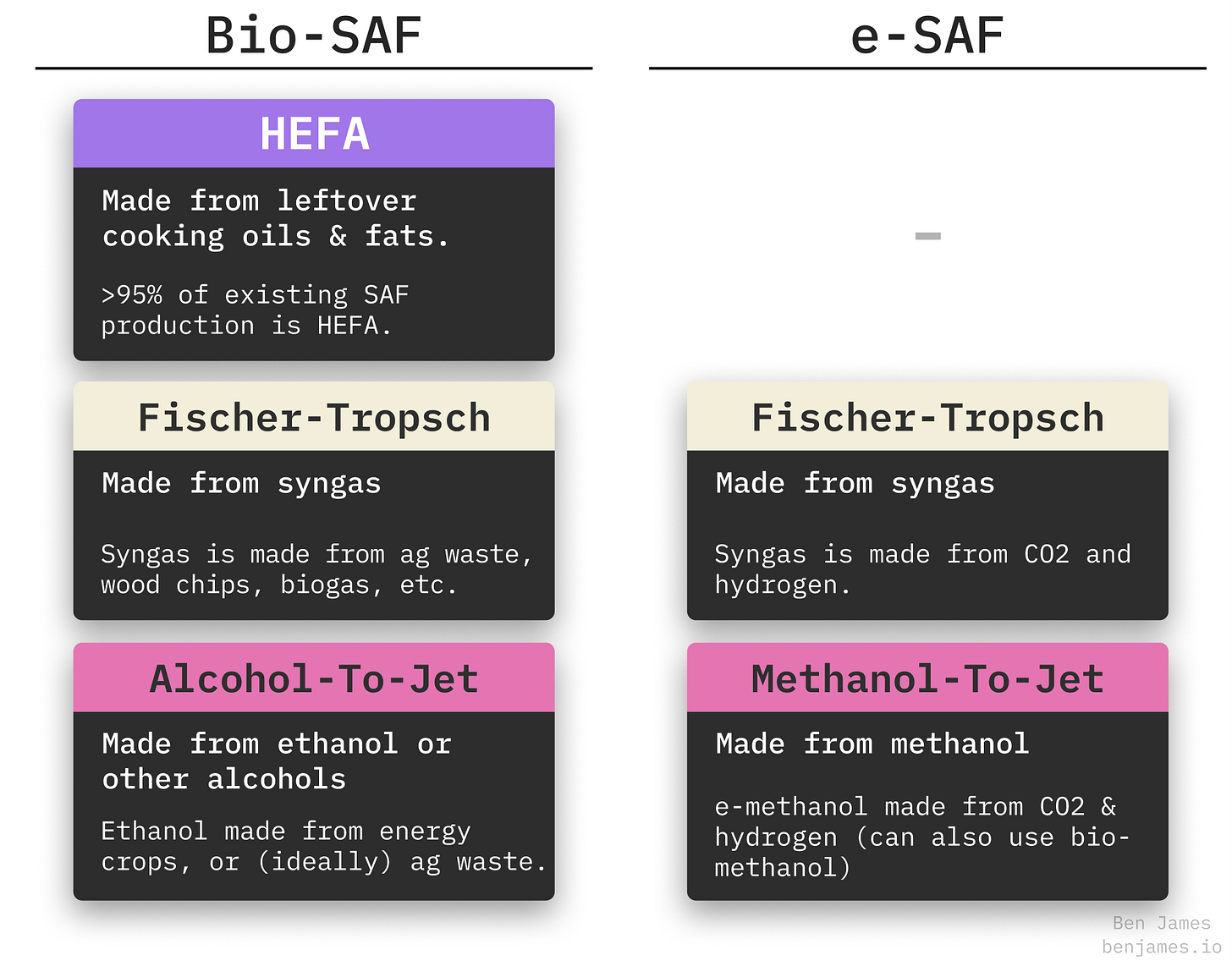The Carbon Loop #002
Moomba, Northern Lights, and £22bn for UK CCS
Hello and welcome to the The Carbon Loop - a newsletter by the CCUSNA dedicated to highlighting the Australian carbon capture, utilisation and storage industry.
You are receiving this email because you have expressed an interest in the CCUS industry to one of our Committee Members.
If you do not wish you receive these emails — first of all, we are very sorry to have bothered you with another unwanted email — and please unsubscribe by clicking the unsubscribe link at the bottom of this email or by just replying to let us know you’d like to be taken off the list.
—
Moomba magic moment ..
First off, let’s all take a moment to celebrate a great Australian success story. Moomba is live!
Well done to Santos, Beach, and everyone working on this pioneering CCS Project.
The World’s third-largest CCS Project without enhanced oil recovery, Moomba will capture and store up to 1.7 million tonnes of CO2-e per year.
Commissioning this Project is an incredible achievement, and we hope it will have a long, boring and stable operational life, showing that carbon capture and storage is a safe and reliable decarbonisation technology.
Australia’s Santos commissions Moomba CCS facility
—
Northern Lights ready to receive ..
And the Europeans have had a similar success, as the Northern Lights receiving facilities have now been completed.
Northern Lights is the world’s first commercial cross-border project for transporting and storing CO2. The Project’s first phase will handle up to 1.5 million tonnes of CO2 per year and plans are in progress to expand this annual capacity to over 5 million tonnes.
The Northern Lights JV announced this month that the facilities necessary to receive and store CO2-e are built, commissioned and ready to go. First CO2 injection is expected for mid-2025.
It makes for one of the prettiest photos of CO2 infrastructure I have seen —
Northern Lights celebrates completion of world’s first commercial CO2 transport and storage service
—
Pounds for pollution ..
Staying in that part of the World, the UK Government has announced a massive £22bn funding package for carbon capture projects. While it’s easy to announce and difficult to sign cheques, it’s clear that momentum is growing for CCUS Projects as a legitimate decarbonisation strategy, setting the foundations for a new carbon-management industry around the world.
The funding includes provision for two ‘carbon capture clusters’ to be developed over the next 25 years, again showing the potential benefits of CCS Hubs co-located with existing industry.
Let’s hope this European momentum makes its way to our quiet little prisoner colony, and our Federal Government can implement its own CCUS Funding Package to stimulate ready-to-go projects on our side of the world.
Nearly £22bn pledged for carbon capture projects
and
Will carbon capture help the UK tackle climate change?
—
Global status of CCS 2024
The Global CCS Institute has released its 2024 Global Status of CCS Report, which shows strong growth in CCS projects around the world.
Off the back of this 2024 Report, our CCUSNA Chair was part of a panel of speakers discussing CCS Projects in the APAC Region. You can stream the recording (in case the link doesn’t work, the Panel starts at ~33:00) -
—
SAF APAC Congress
One of the potential carbon-management industries with big potential is in the production of e-fuels, like sustainable aviation fuels and low-carbon diesel. The short version is that industrial CO2 can be caught at the source and then (hopefully using renewable energy) converted into liquid fuels through either the Fisher-Tropsch Process or via methanol.
You can read an excellent summary of the process at Ben James’ Climate Blog. All of his stuff is truly great. I’d encourage you to grab a coffee and devour it all.
Anyways, the 2024 APAC SAF Congress will take place next week in Singapore. Please let me know if you or anyone from your organisations will be attending, as right now I’m going to be ‘flying solo’ and I’m in the market for a friend.
—
Thank you for reading The Carbon Loop! If you found this issue helpful, the best way to support the newsletter is by sharing it with friends or colleagues who might also be interested in the latest Australian CCUS insights.
Thanks again for subscribing!




